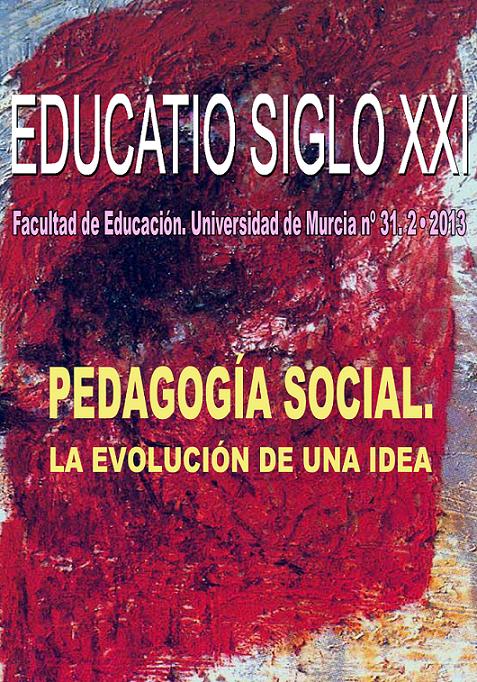Proposing an electronic form to revise translated phraseological units
Abstract
When translated texts — either specialized or not — are assessed or revised, some aspects (grammar, word selection, register, spelling, etc.) are usually taken into account to measure their level of general quality. However, the way phraseological units are translated is not usually considered as an indicator to be assessed, although a lack of proficiency in the translation of these units can result in a deficiently translated text. In view of the most recent advances in translation quality assessment, the publication of the quality standard EN-15038 in 2006 is one of its most visible results.
Much has been said about the pursuit of quality in translation; however, references become less and less significant when focusing on particular aspects such as the translation of phraseological units. This article aims to discuss the concept of quality with reference to the translation of phraseological units. To this purpose, a brief state of the art on this topic will be presented in order to provide the appropriate foundations on which to build an assessment model. This model, an electronic template for assessment and revision, includes the categories and severity levels required to identify and grade the weaknesses and strengths of the translated text to be assessed.
Downloads
-
Abstract308
-
PDF (Español (España))178
Original work publishes in this journal is subject to the following terms:
1. Murcia University Press (the publishing house) holds the copyright of the publishes work, and favours and allows their reutilization under the use license stated in point 2.
© Servicio de Publicaciones, Universidad de Murcia, 2015
2. Work is published in the electronic edition under a license (Creative Commons Reconocimiento-NoComercial-SinObraDerivada 4.0 España (legal text). They can be copied, used, disseminated, transmitted and publicly presented, as long as: i) authorship and original publication source is acknowledged (journal, publishing house and URL of the work); ii) are not used for commercial purposes; iii) the existence and specifications of this use license is stated.
3. Conditions for self-archive. Authors are allowed and encouraged to disseminate electronically the pre-pint (before review) and/or post-print (accepted for publication) versions of their work before their publication since that favours earlier circulation and dissemination resulting in an increased chance for the authors to be cited and for the work to reach a bigger share of the academic community. Colour: RoMEO: green.








